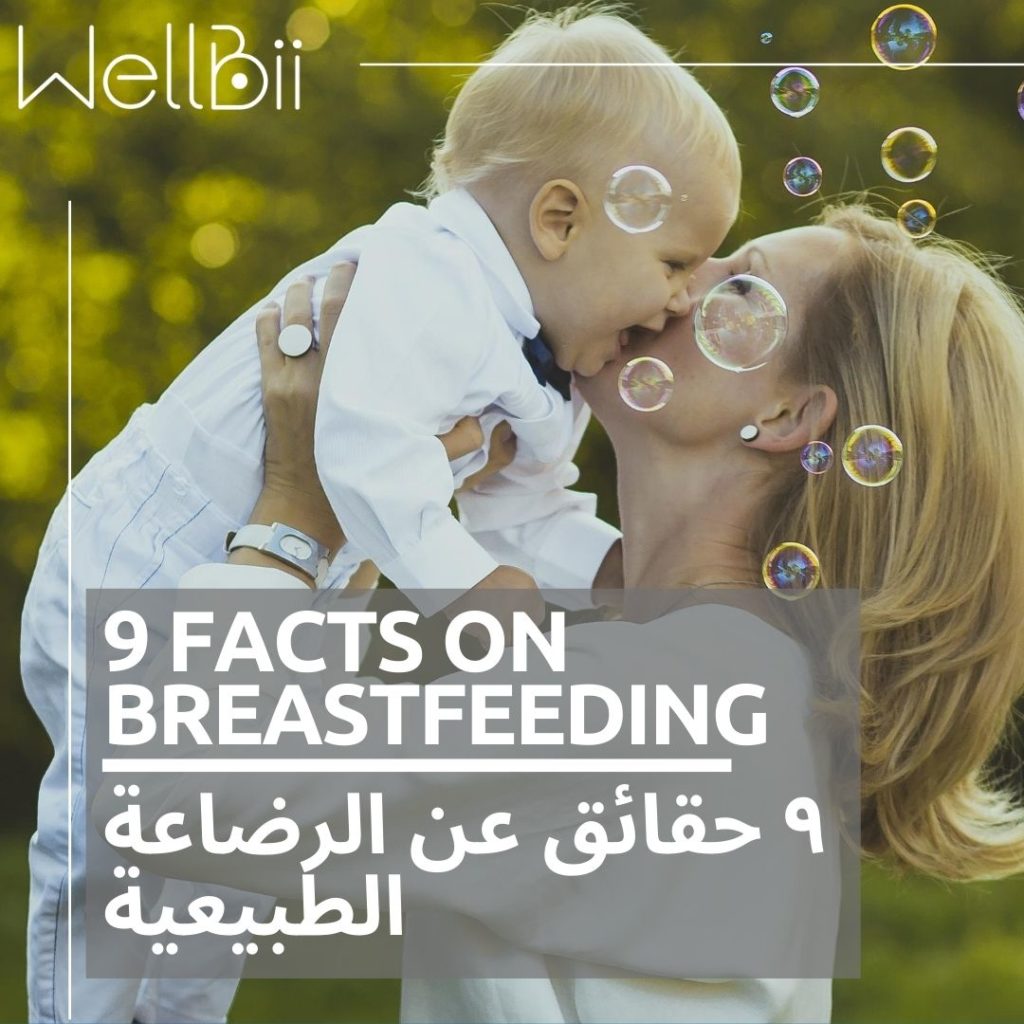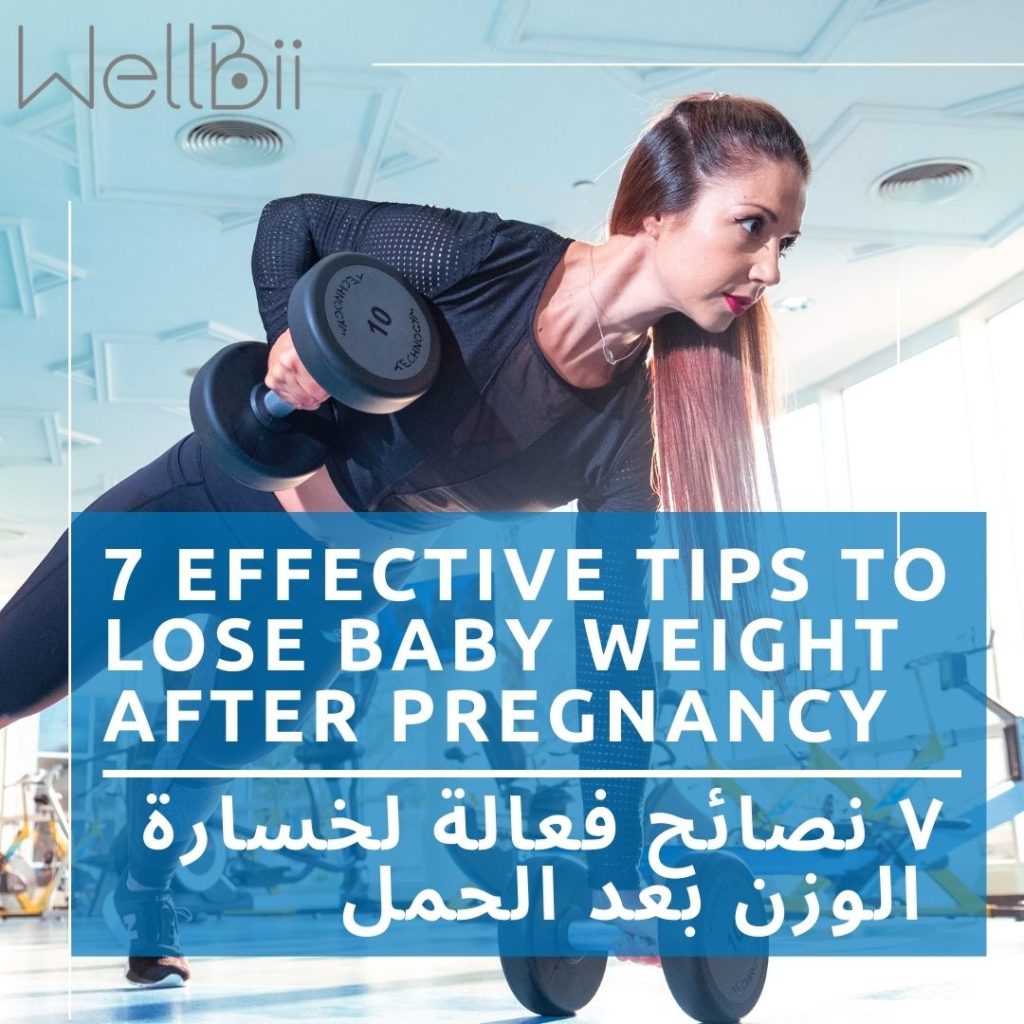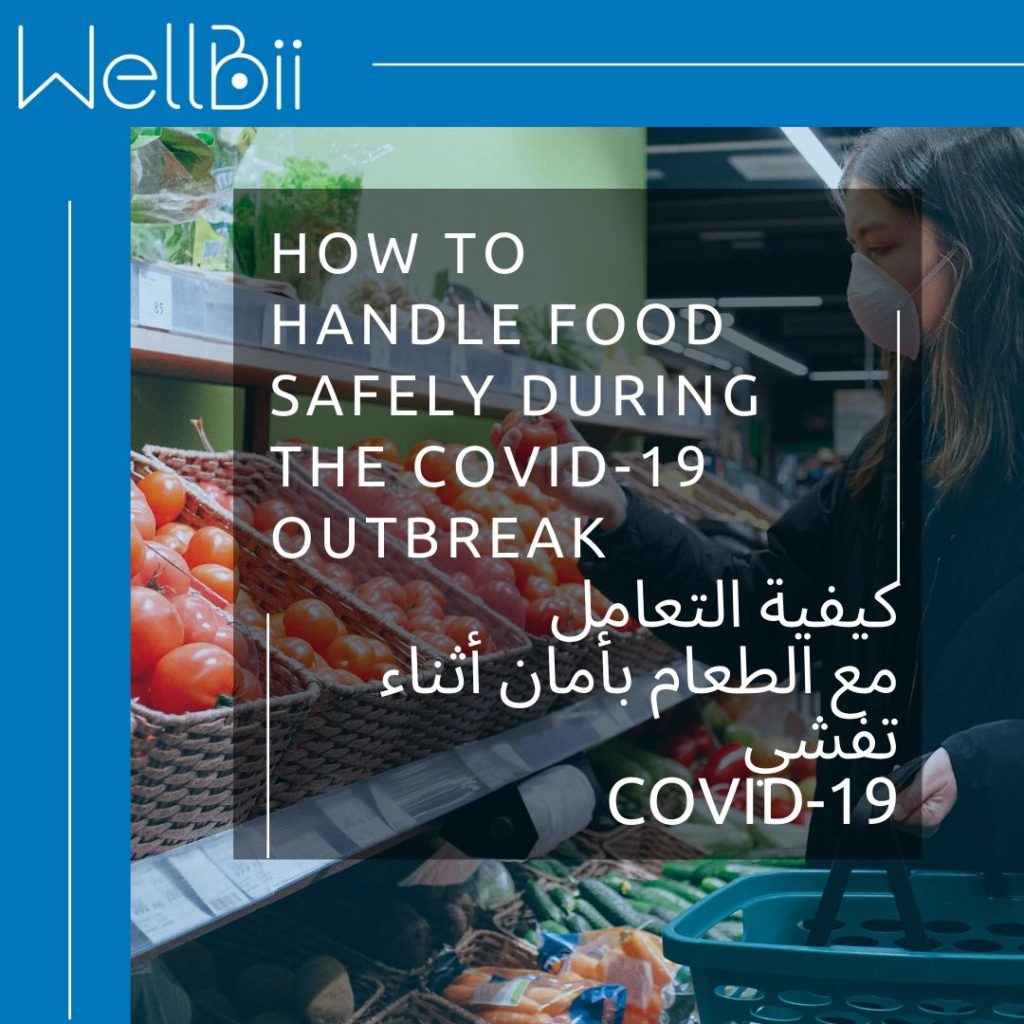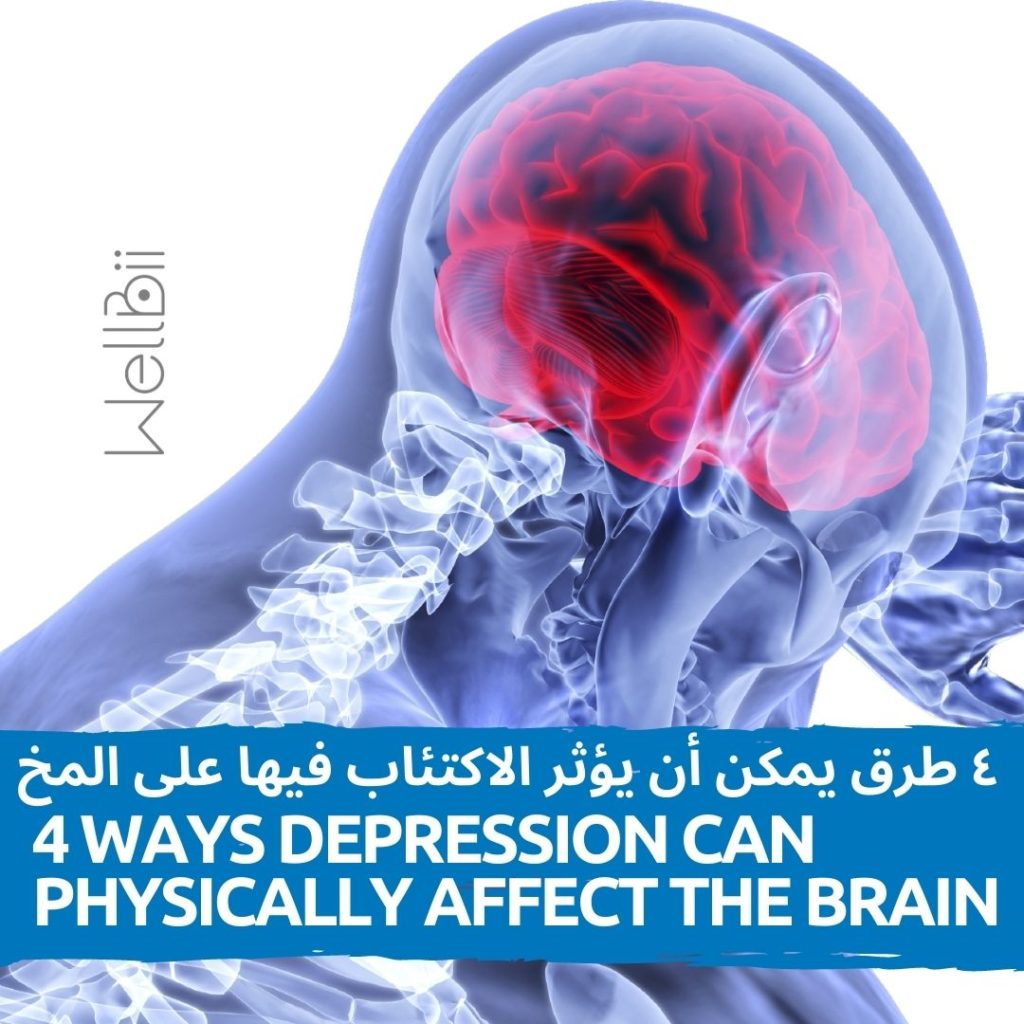9 FACTS ON BREASTFEEDING

World Breastfeeding Week begins each year on the 1st of August and runs right through until the 7th. The fact file bellow explores the many benefits of breastfeeding recommended by the World Health Organization.
Solid foods should be phased in at six months
To meet the growing needs of babies at six months of age, mashed solid foods should be introduced as a complement to continued breastfeeding. Foods for the baby can be specially prepared or modified from family meals.
Mothers should continue breastfeeding at work
Many mothers who return to work abandon breastfeeding partially or completely because they do not have sufficient time, or a place to breastfeed, express and store their milk. Mothers need a safe, clean and private place in or near their workplace to continue breastfeeding.
Support for mothers is essential
Breastfeeding has to be learned and many women encounter difficulties at the beginning. Many routine practices, such as separation of mother and baby, use of newborn nurseries, and supplementation with infant formula, actually make it harder for mothers and babies to breastfeed.
Marketing of breast-milk substitutes are highly monitored
An international code to regulate the marketing of breast-milk substitutes was adopted in 1981. It calls for forcing all formula labels and information to state the benefits of breastfeeding and the health risks of substitutes.
Infant formula does not contain the antibodies found in breast milk
The long-term benefits of breastfeeding for mothers and children cannot be replicated with infant formula. When infant formula is not properly prepared, there are risks arising from the use of unsafe water and unsterilized equipment or the potential presence of bacteria in powdered formula. Malnutrition can result from over-diluting formula to “stretch” supplies. While frequent feeding maintains breast milk supply, if formula is used but becomes unavailable, a return to breastfeeding may not be an option due to diminished breast milk production.
For online coaching click here
Breastfeeding has long-term benefits for children
Beyond the immediate benefits for children, breastfeeding contributes to a lifetime of good health. Adolescents and adults who were breastfed as babies are less likely to be overweight or obese. They are less likely to have type-II diabetes and perform better in intelligence tests.
Breastfeeding also benefits mothers
Exclusive breastfeeding is associated with a natural (though not fail-safe) method of birth control (98% protection in the first six months after birth). It reduces risks of breast and ovarian cancer, type II diabetes, and postpartum depression.
Breastfeeding protects infants from childhood illnesses
Breast milk is the ideal food for newborns and infants. It gives infants all the nutrients they need for healthy development. It is safe and contains antibodies that help protect infants from common childhood illnesses such as diarrhoea and pneumonia, the two primary causes of child mortality worldwide.
Breastfeeding for the first six months is crucial
WHO recommends that mothers initiate breastfeeding within one hour of birth; infants should be exclusively breastfed for the first six months of life to achieve optimal growth, development and health, and thereafter, to meet their evolving nutritional requirements, infants should receive nutritionally adequate and safe complementary foods, while continuing to be breastfed; and breastfeeding should continue for up to two years or beyond.
What is the biggest challenge you encounter about breastfeeding?
For the full article click here






Responses